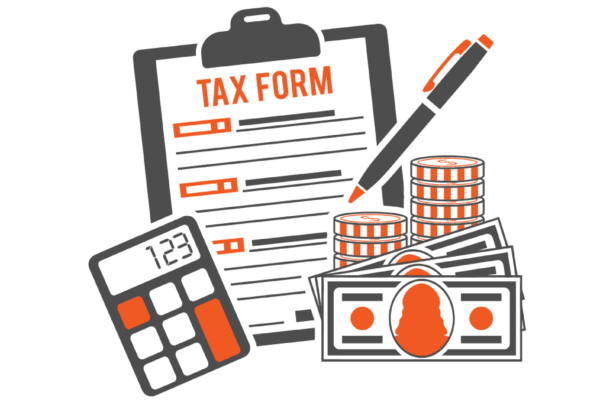
Ever wondered who Big Brother actually is?
You would be forgiven for thinking it is some highly paid Channel 9 employee. Over the past few years, the Australian Taxation Office (ATO) has taken the concept of ‘someone is watching’ to the next level. The data matching abilities of the ATO is better than it has ever been and is only going to get better.
What does that mean for you & your business?
Simply, get it right or get a phone call.
Last year, the ATO data matched 600 million transactions which resulted in 500,000 phone calls and a subsequent 9 out of 10 amendments to tax returns. It is even more important than ever to ensure your tax return is completed correctly to avoid fines and interest penalties.
Some of the common data matching abilities of the ATO include:
- Bank data such as interest income;
- Health Insurance and Medicare data;
- Share register information such as dividends, trust distributions and share sales;
- Payments to contractors (new for 2013);
- Bench marking against similar persons/businesses.
Also, it’s worth noting, the ATO also match data with the State Revenue Office, bank merchant facilities and other affiliated companies.
The ATO knows exactly which properties you have purchased and sold, allowing them to question why you have omitted a property sale from your tax return and whether you have treated the sale correctly as capital or income. They also know transactions that have been processed through your merchant facilities allowing them to match this against revenue.
The downside to much of this is not that the ATO have access to this information, but the burden it puts on the taxpayer to prove what they have lodged is correct. Not only is this wasting valuable time in ensuring you can adequately prove all transactions, but in most cases additional costs for professional fees such as accounting and legal.
Don’t forget: time goes by but history is not erased. We have recently had reviews for clients stemming back to 2009.
What can you do?
To make sure your records are in order, keep all receipts filed sequentially and account for all transactions. It is always better to have too much information than not enough and have to pay a penalty.
Oh and it’s probably a good idea to stop dancing around in your socks first thing in the morning… you just never know!



